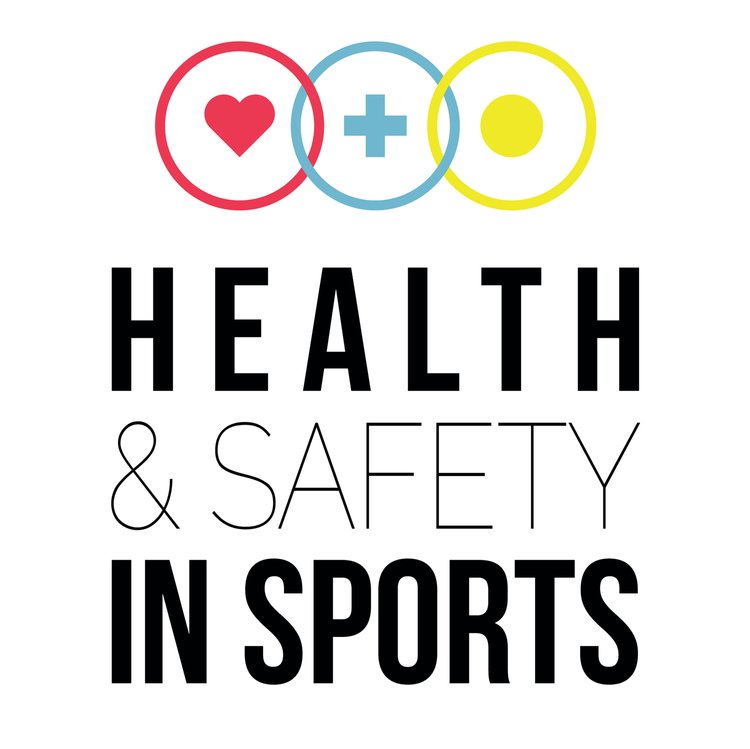FUNDING
“Early Postdoc Mobility fellowship” from the Swiss National Science Foundation (SNSF)
PROJECT PARTNERS
PD Dr. Oliver Faude, University of Basel, Switzerland
BACKGROUND
Physical activity provides many positive effects on health risk factors, skeletal and psychological health, as well as on mental, cardiorespiratory and neuromuscular fitness. Physical inactivity is one of the leading causes of chronic diseases, contributing to disability and death worldwide. Active participation in organised youth sport is positively associated with higher levels of adult physical activity. Hence, youth sport also has important implications for long-term individual health as well as public health. Children like to compete against each other. Therefore, having fun during sport participation is often linked to having success. Unfortunately, not all children have the same chance to be successful in sport. As children are growing rapidly, small differences in age can cause large differences in biological development. In the sport setting children are grouped according to their birth date using cut-off-dates. In consequence, some children in a sport team might be one year younger than others and therefore they might be smaller, weaker, and less successful. In addition, some children are early- and some are late-maturing which also can lead to performance differences in the sport setting. Hence, both aspects could lead to large differences in motor performance. Therefore, a considerable amount of children might be disadvantaged just by being born at the “wrong time of the year” and/or being late-maturing. This can lead to disappointments, loss of motivation, and drop-out from sport. Data from high-level competitive sport show that the aforementioned effects lead to a clear underrepresentation of such disadvantaged children. However, data from recreational and low-level competition sport are completely missing. This is surprising as most children are participating in low-level and recreational sport. In consequence, this might relate to a relevant public-health issue.
RESEARCH QUESTIONS
Does the time of birth within a year (i.e. "relative age") and/or the maturity status influence motor performance, sport participation, and physical activity levels in school children?


